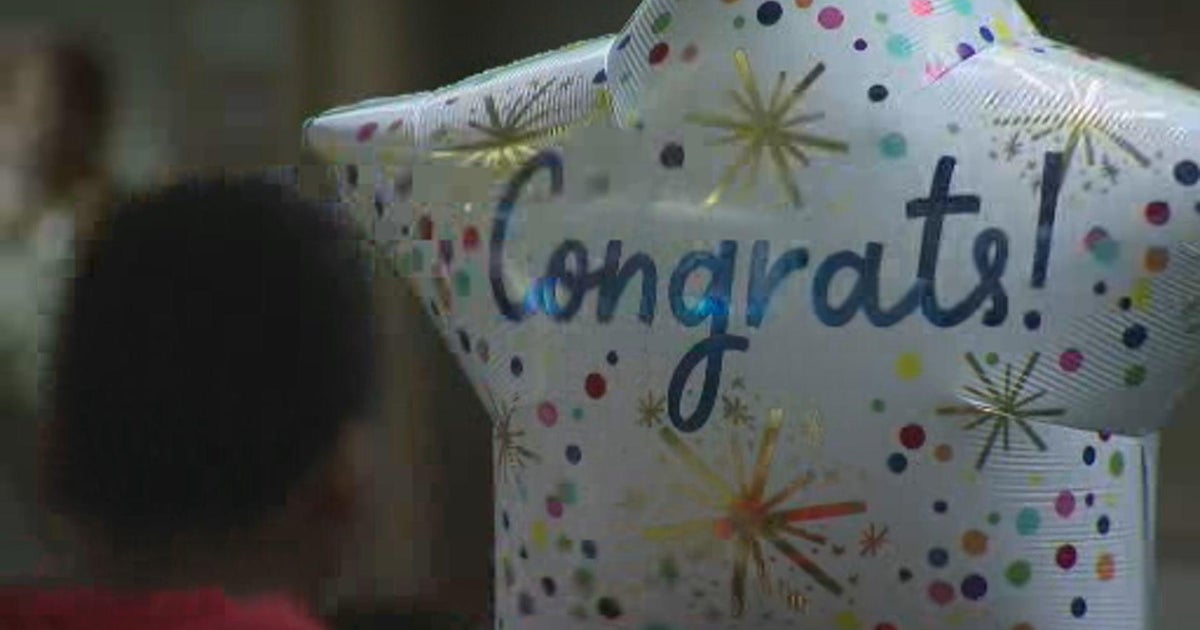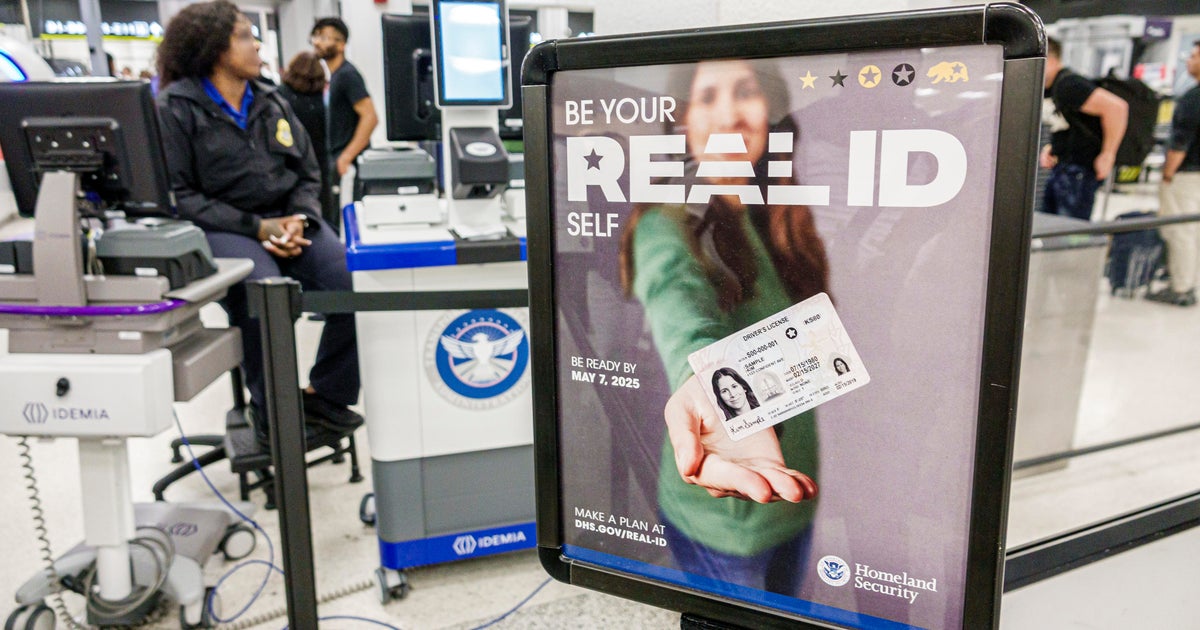Children Of Illegal Immigrants Can Now Apply To Stay In U.S.
MIAMI (CBSMiami) – The nightmare is officially over for "The Dreamers."
Beginning Wednesday children who were brought to the U.S. illegally by their parents can officially apply to the U.S. Citizenship and Immigration Services (USCIS) for a two-year deferment from being deported.
"To me this means the world," said Yelitza Altimirano. "I'm extremely happy. I'm going to be able to go to college now."
Altimirano came to the U.S. from Peru at the age of six – she's now 18.
"We always lived in fear of getting deported, we had to live with that for the whole time we were here but now that this act came out we're no longer going to live in fear," said Altimirano.
Altimirano added that getting a deferment would change her life.
"I'm going to continue on with my dream, I'm going to study medicine, I'm extremely ecstatic," said Altimirano.
Earlier this year, President Barack Obama directed his administration to stop deporting children who were brought to this country illegally by their parents. The president issued the directive, which affects about 800,000 kids, after efforts to pass the so-called Dream Act were repeatedly stymied by Republicans in Congress.
On June 15th, Secretary of Homeland Security Janet Napolitano announced that certain people who came to the U.S. as children, and met certain key guidelines, would, on a case-by-case basis, be considered for deferred action.
"Childhood arrivals who meet the guidelines and whose cases are deferred will now be able to live without fear of removal, and be able to more fully contribute their talents to our great nation," said USCIS Director Alejandro Mayorkas.
South Florida's Daniela Pelaez, the 18-year-old valedictorian of North Miami Senior High, became the poster child for this issue. She received a two year reprieve last March after she and her sister were asked to leave the country. In June she, along with several other undocumented immigrants, was featured on the cover of TIME magazine where they were dubbed "The Dreamers" for the failed Dream Act.
"It's a big step in a positive direction and I think you could say we've won the battle but we have yet to win the war," said Pelaez.
Altimirano said she thanks Pelaez for raising awareness of this issue on a national level.
"I'm still astonished that I'm here today where I stand and be grateful to be put in this position where i can help and give advice to a lot of younger kids," said Pelaez.
After winning her deferment, Pelaez started the We Are Here Foundation to support the Studying Towards Adjusted Residency Status (STARS) Act. It's a modified version of the controversial DREAM Act.
Pelaez's struggle with her own immigration status sparked a trip to Washington, D.C., with Congressman David Rivera, R-Miami, to draft STARS.
The STARS Act would allow high school graduates accepted into college the chance to stay in the U.S. for up 10 years and beyond. The first five would be to go to college. Upon graduating they get another five years. After the 10 years they are eligible to apply for full citizenship.
Rivera acknowledged that the administration's deferment plan was an immigration band aid and the U.S. still had a long way to go.
"The deferred deportation action process that begins today does not provide a permanent solution for these young people and comprehensive immigration reform is still necessary," said Rivera.
Many Republicans view the deferment act nothing more than election year politics.
"The way he did it was absolutely the wrong way to do this," said Louisiana Gov. Bobby Jindal. "We can not have a president who circumvents the law."
In an exclusive interview with CBS4's Jim Defede in July, Jindal called the president's actions "a political stunt in an election year."
"He had a Democratic Congress his first two years in office," Jindal said. "If he really thought this was a priority as he had campaigned he could have done something by now."
Asked if he would extend the president's order and allow those kids to stay in the country while comprehensive immigration reform was debated in Congress, Jindal said he would not.
"We can't do this piecemeal," he said. "We can't do this little piece by little piece."
While the deferment does not provide lawful status or a pathway to permanent residence or citizenship, those that have their cases deferred will also be able to apply for employment authorization.
To learn more about the deferred action for childhood arrivals process, Click Here or call the USCIS National Customer Service Center at (800) 375-5283.



